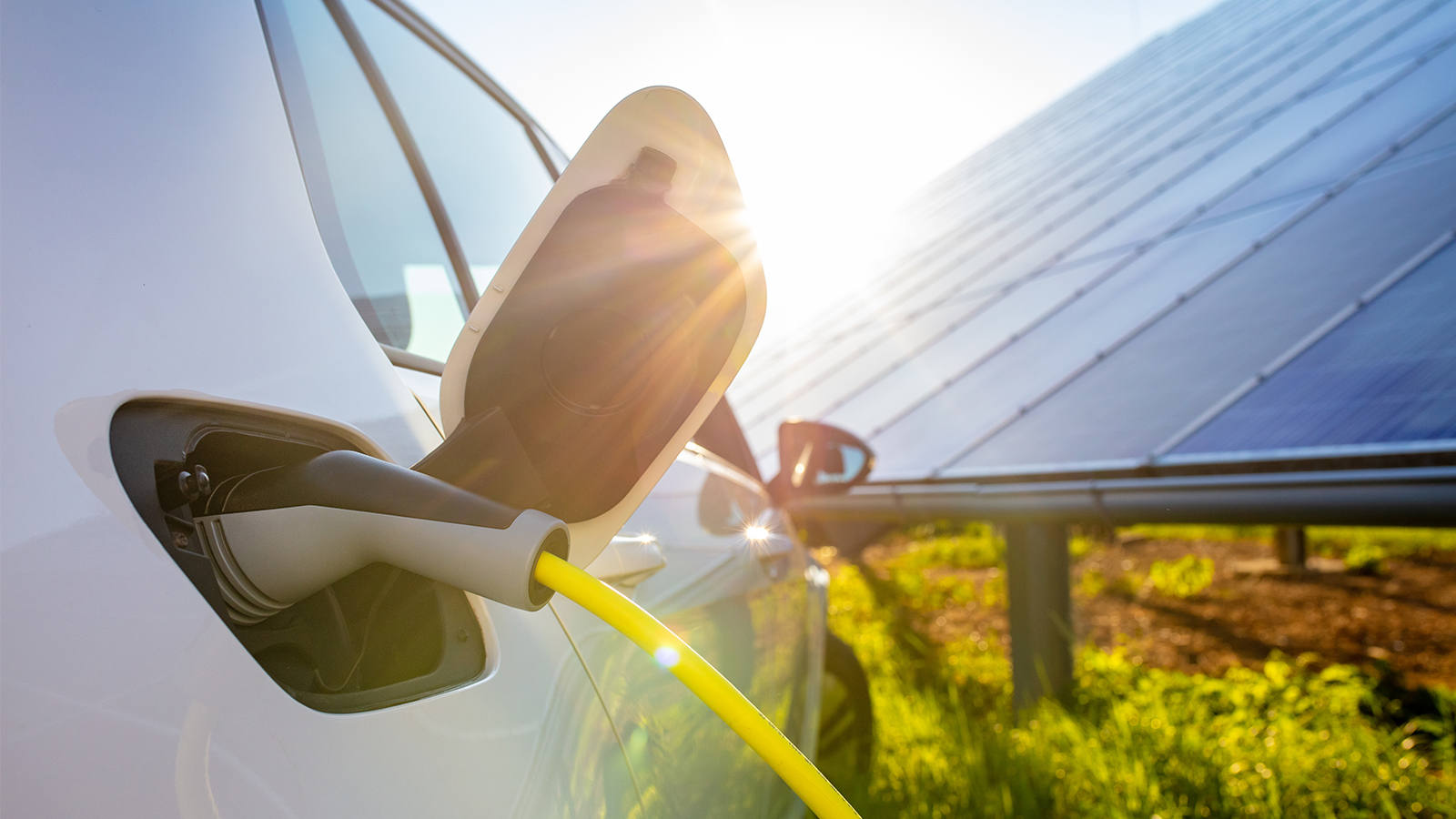Project launch: Bidirectional charging for the rapidly increasing use of electric mobility
A joint project by the Reiner Lemoine Institute (RLI) and Agora Verkehrswende.

Preface
The rapidly increasing use of electric mobility is essential if Germany is to achieve its climate targets in the transport sector. One of the key levers for boosting demand for electric vehicles is to reduce their total cost of ownership (TCO) over their lifetime. Bidirectional charging could play a relevant role in this context.
Bidirectional charging means that electricity can flow in both directions – not only from the power grid or the pv roof system to the car, but also from the car back to the house or the power grid. This has various potential financial advantages for car owners. Various quantitative and qualitative studies have already been conducted on the potential of bidirectional charging to reduce the TCO of electric vehicles. However, comprehensive knowledge of the energy industry is often necessary to interpret the study results. The project ‘Potential of bidirectional charging for the rapidly increasing use of electric mobility’ therefore aims to identify the political and regulatory action required so that stakeholders in the transport transition in particular can become more involved in the debate.
Together with the Reiner Lemoine Institute (RLI), Agora Verkehrswende is initially investigating which energy-related uses of bidirectional charging are likely to be of central importance and when they are likely to become available. On this basis, the RLI analyses the TCO reductions that can be expected for end customers and the political and regulatory measures that may need to be implemented to realise this potential. To this end, existing literature will be consulted and interviews with experts will be conducted.


